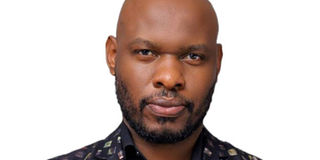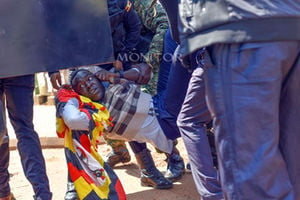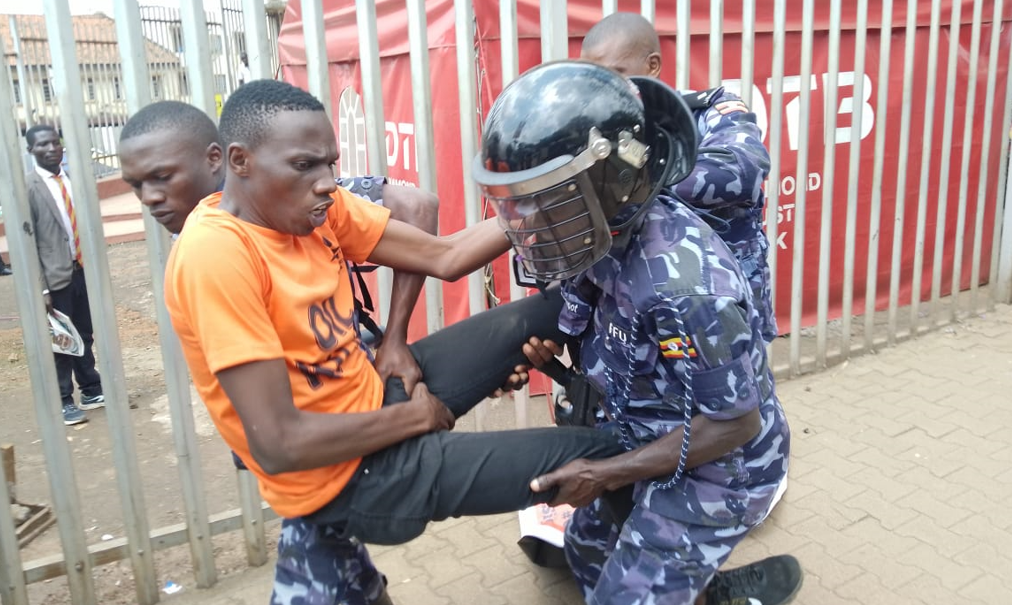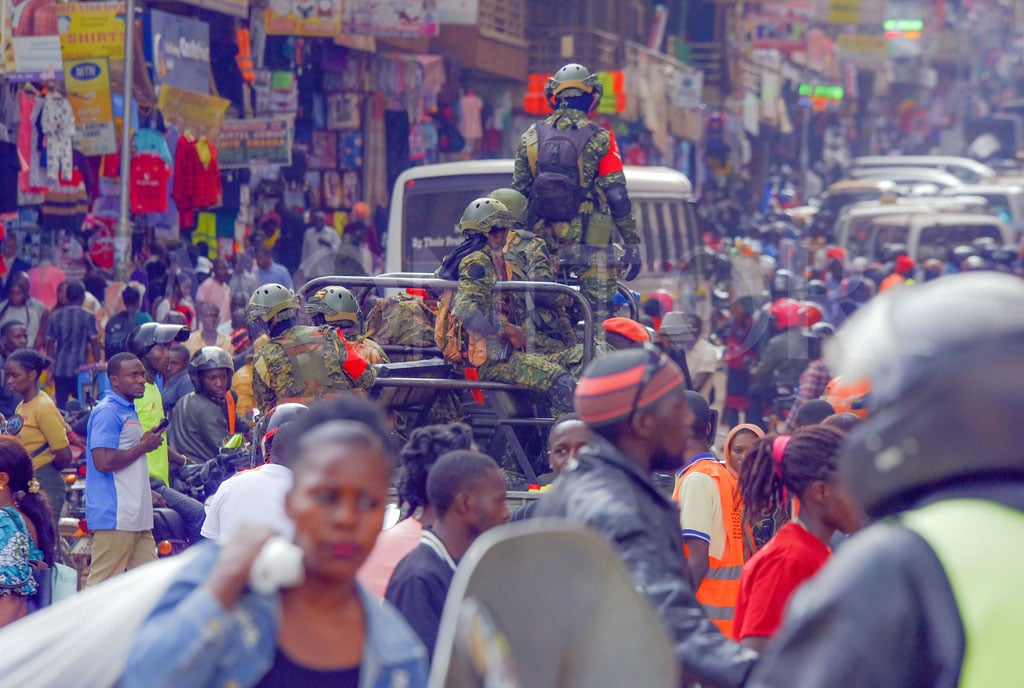
Robert Kigongo
As Ugandans continue standing up against corruption, one person has stood out for me these past days, and it is none other than artiste Priscilla Zawedde, commonly known by her stage name Azawi.
Recently, I woke up to viral audios of Azawi on social media.
“Our leaders have stolen everything from us (Ugandan youth). I think if it were possible, they would even steal our age,” she said in one of the clips.
Her remarks were from X (formerly Twitter) spaces hosted by Robert Kabushenga in the aftermath of the July 23 #MarchToParliament that young Ugandans organised.
It was emotional to listen to Azawi’s story. She lost both her father and sister who had just delivered a baby due to our broken health infrastructure. Her father also could not get his pension because it was stolen by someone in government.
Azawi asked musicians, including those who support the government, some hard questions. She wondered why they were silent while Ugandans, who have supported them throughout their music careers, are suffering at the hands of the corrupt.
Azawi’s remarks have sparked a fresh debate on the role of musicians in driving public discourse, safeguarding democracy and fighting graft.
In response to Azawi, artiste Eddy Kenzo, real name Edrisa Musuuza, said although he did not support corruption, he did also not support protests because they were inspired by Kenyan youth, people he said destroyed their parliament.
But musicians have a huge role in shaping politics, advancing social justice and safeguarding democracy since they have fans and reach millions through their music. Unfortunately, in Uganda, many influential musicians have chosen to be silent because of their closeness to the powers that be.
The rise of Robert Kyagulanyi, aka Bobi Wine, the National Unity Platform presidential candidate in the 2021 General Election, further complicated the relationship between music and politics, with many artistes being identified by the public as pro-or anti-government.
However, musicians have a cardinal duty to use their sweet voices and messages to fight against social injustices, oppression and graft.
Musicians could have elected to keep quiet during the apartheid regime in South Africa, but a number of them, such as Miriam Makeba and Hugh Masekela, used their music to shine a spotlight on apartheid.
Locally, we have seen musicians sing about social ills. The late Moses Ssekibogo, aka Mowzey Radio, and Weasel sang against graft in their song Corruption. This is not to mention Bobi Wine – who has since joined politics – and the educative music that he used for civic engagement, and many other artistes who have called out our leaders on issues affecting Ugandans.
In a country divided along political, tribal and religious lines, it is the duty of musicians to preach unity, inclusivity and diversity. Subsequently, like in Azawi’s clarion call to other musicians, we can leverage the music industry to advance accountable governance.
To achieve a better and fair society, musicians have a role to play. That is why I stand with Azawi in asking the rest of the artistes to stand up and be counted in the fight against corruption.
The writer is a sustainable development analyst [email protected]








